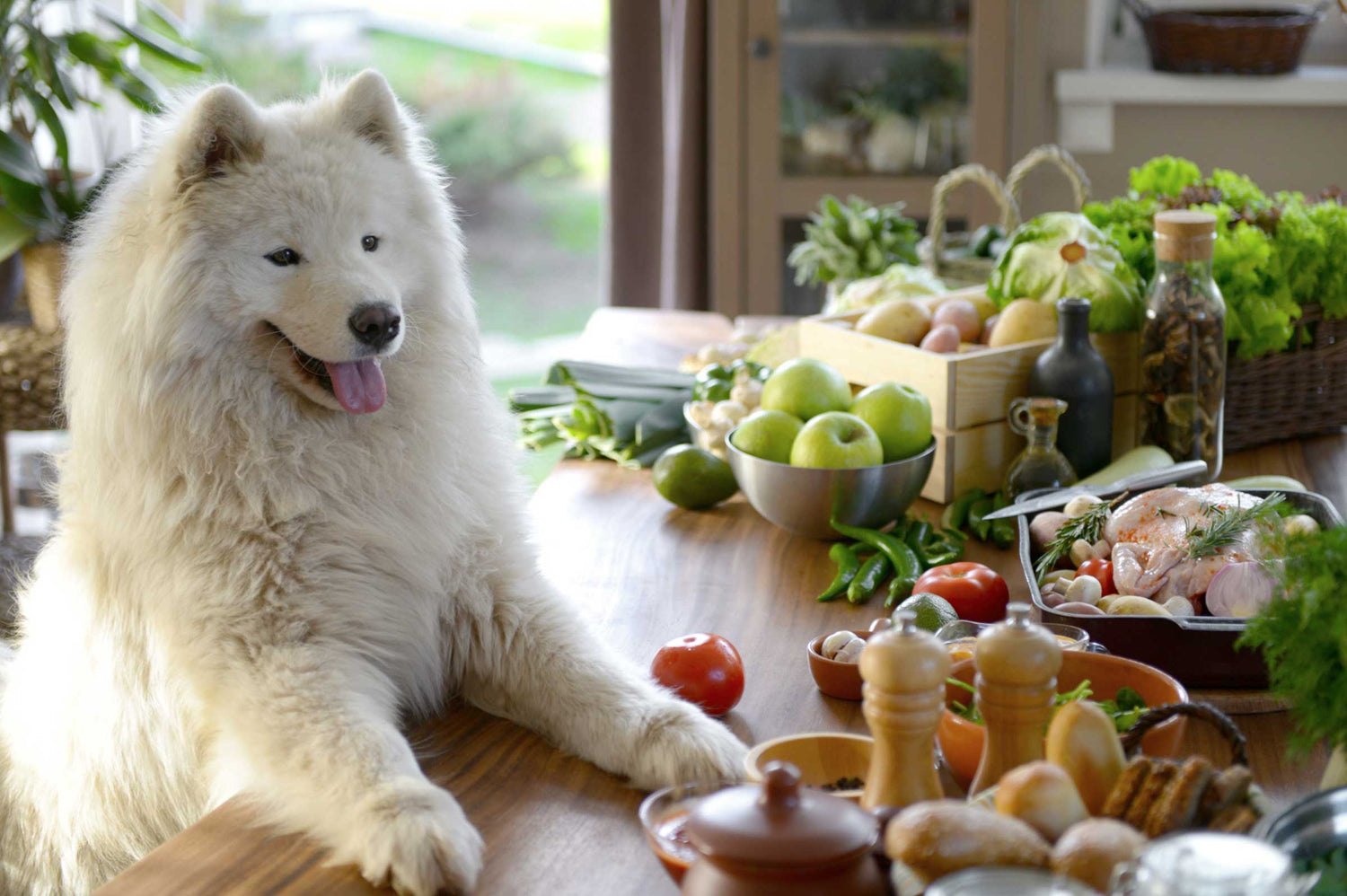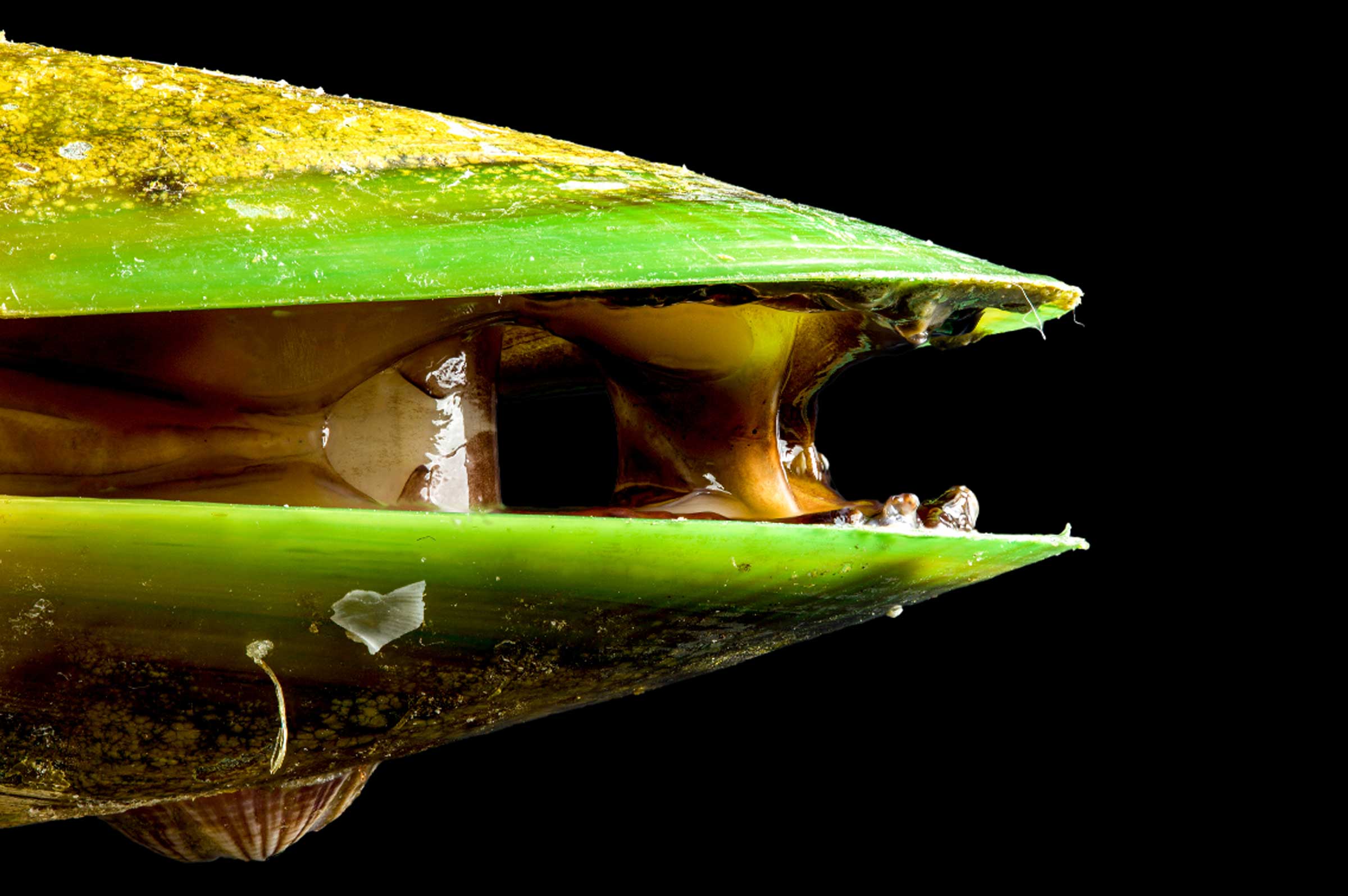Including fruits and vegetables in your dog's diet can provide a range of health benefits, adding essential vitamins, minerals, and fiber. However, not all fruits and vegetables are safe for dogs to eat. Knowing which foods are safe is a great way to share food safely with your furry friend.
Carrots: A Crunchy Treat
Carrots are a popular choice among dog owners. They are low in calories and high in fiber, making them a great snack for dogs. Carrots also contain beta-carotene, which is converted into vitamin A in the body, supporting eye health and immune function. They can be given raw, cooked, or even frozen for a crunchy treat.
Apples: A Nutritious Snack
Apples are another excellent option. They are rich in vitamins A and C and provide a good amount of fiber. When feeding apples to your dog, be sure to remove the seeds and core, as they can be harmful. Apples can be sliced and served fresh or added to your dog’s regular meals.
Green Beans: A Low-Calorie Option
Green beans are a nutritious vegetable that dogs generally enjoy. They are low in calories and packed with vitamins and minerals such as vitamin K, vitamin C, and manganese. Green beans can be served raw, steamed, or cooked without any seasoning.
Blueberries: A Superfood
Blueberries are a superfood for dogs, just as they are for humans. They are packed with antioxidants, which help fight free radicals in the body. Blueberries are also a good source of fiber and vitamins C and K. These small berries make a perfect low-calorie treat.
Pumpkin: Digestive Health Booster
Pumpkin is another fantastic addition to your dog’s diet. It is rich in fiber and helps with digestive health. Pumpkin can be particularly beneficial for dogs with sensitive stomachs or those prone to digestive issues. It can be served cooked and plain, either canned or fresh.
Sweet Potatoes: A Nutritious Delight
Sweet potatoes are a highly nutritious vegetable that dogs love. They are a great source of dietary fiber, vitamins A, B6, and C, and minerals like manganese. Sweet potatoes can be served cooked and plain, either baked, boiled, or mashed.
Watermelon: Hydrating and Refreshing
Watermelon is a hydrating and refreshing treat for dogs, especially during the warmer months. It contains vitamins A, B6, and C and is low in calories. Be sure to remove the seeds and rind before giving watermelon to your dog, as these parts can cause digestive issues.
Spinach: A Leafy Green Powerhouse
Spinach is a leafy green vegetable that offers numerous health benefits for dogs. It is rich in vitamins A, B, C, and K, as well as iron, antioxidants, and beta-carotene. Spinach can be served cooked or raw, but it should be given in moderation due to its high oxalate content, which can interfere with calcium absorption.
Peas: A Nutritional Boost
Peas are a great source of vitamins A, K, and B, as well as fiber and protein. They can be served fresh, frozen, or cooked. Peas are a common ingredient in many commercial dog foods and can be added to your dog's meals for an extra nutritional boost.
Conclusion
Incorporating a variety of these safe fruits and vegetables into your dog's diet can enhance their overall health and well-being. Always introduce new foods gradually and in moderation, and consult your veterinarian if you have any concerns about your dog's diet. By choosing the right fruits and vegetables, you can provide your furry friend with tasty and nutritious treats that support their health. Along with the right foods, VetSmart Formulas supplements are designed to keep your furry friend healthy and happy.











